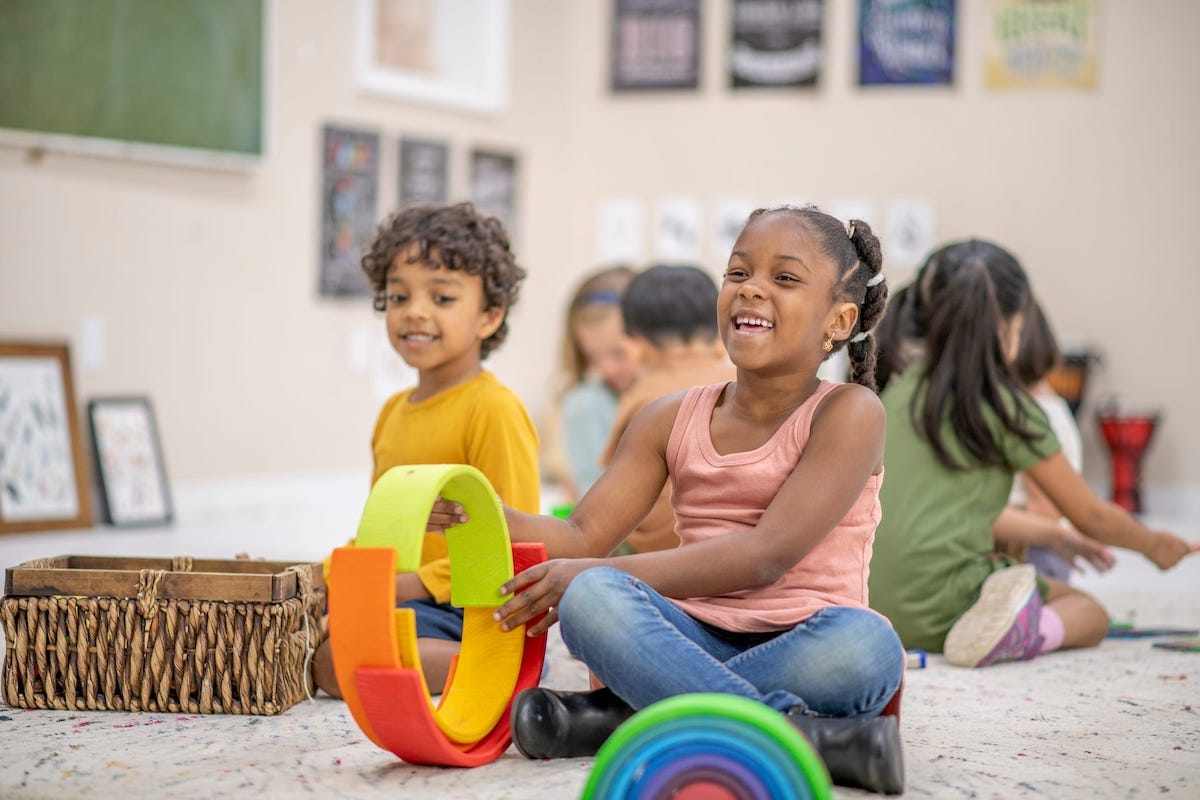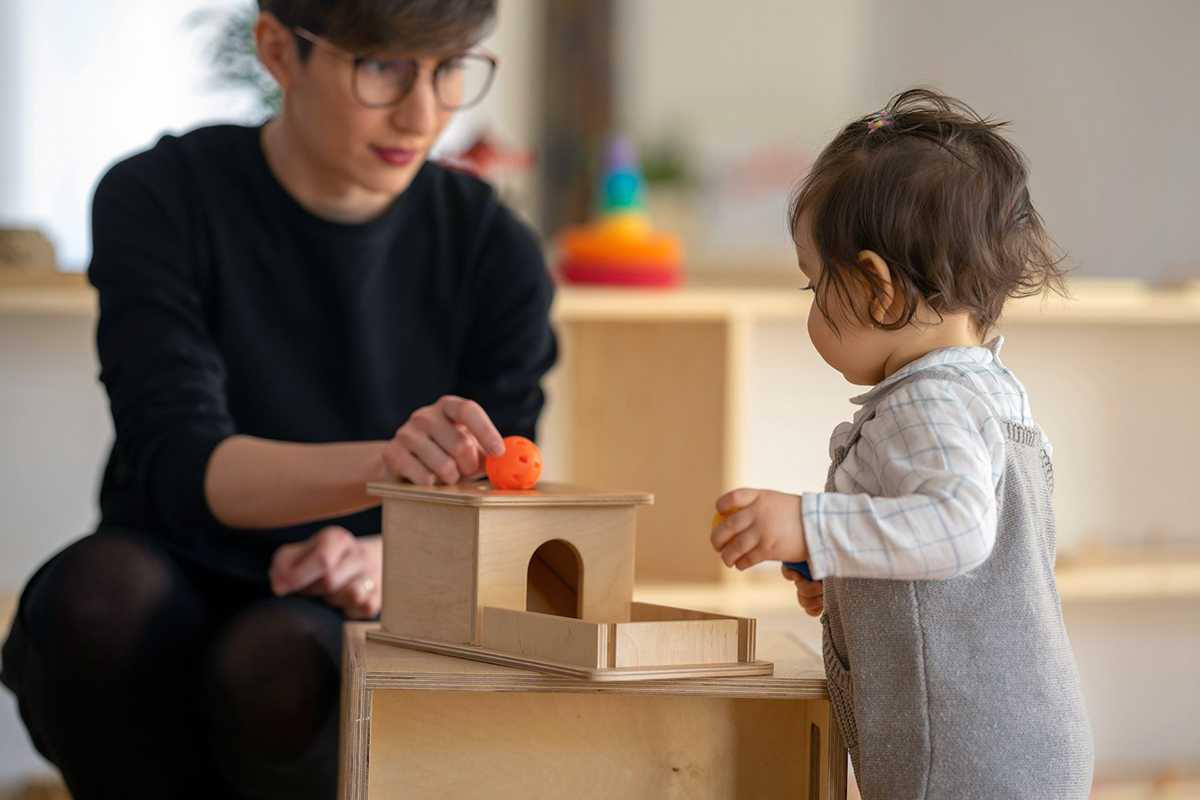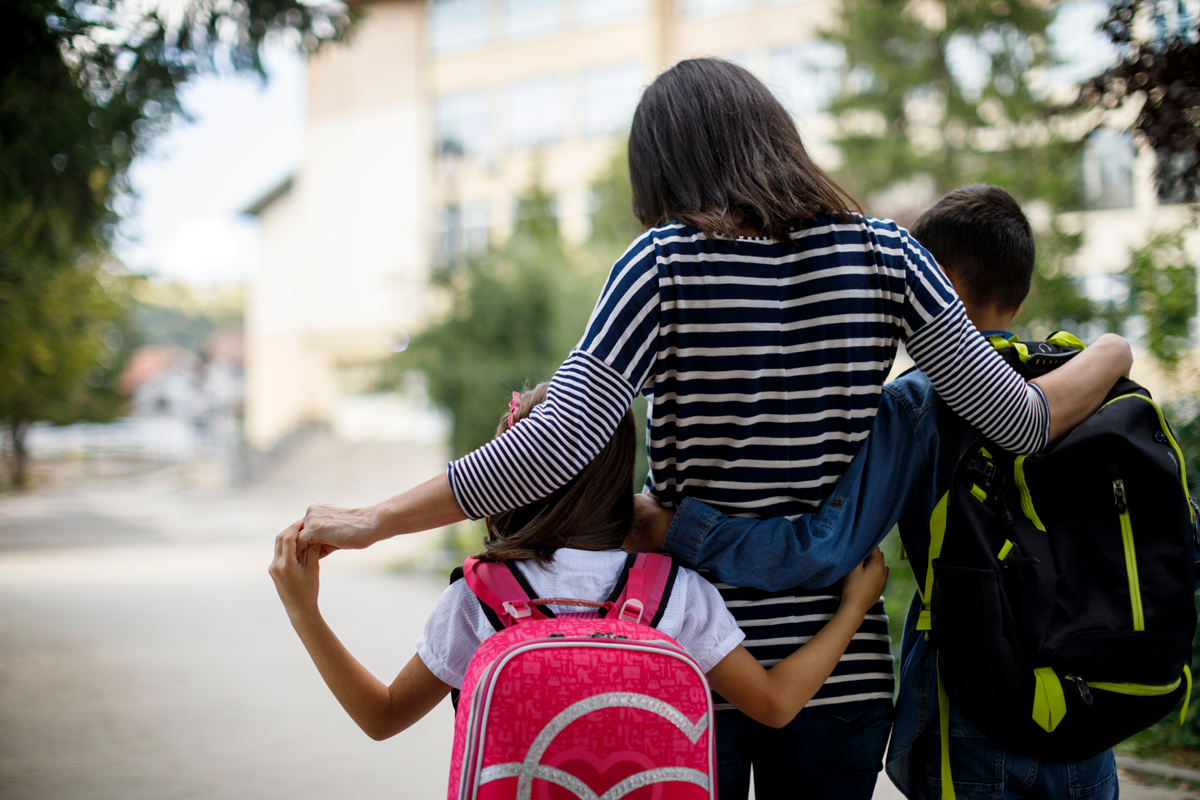Of the big decisions we make about our school-age children, perhaps none looms larger than … school. Your child will spend eight hours a day there for about nine months of the year. That’s a lot of time! Their teachers and peers will shape them, for good or ill. In the end, most of what we know suggests that school isn’t nearly as important as home environment in the long run, but that doesn’t mean it doesn’t matter. And it definitely doesn’t mean that parents do not think obsessively about it.
One expression of this obsession is the simple question: Is one kind of schooling (public, private, charter, homeschooling, forest school, unschool…) better than others?
This question is extremely difficult to answer, for two reasons. The first issue arises because it is such a big deal. For the most part, parents do think a lot about their choice of school. That means that the choice is rarely random. In turn, the lack of randomness makes it very hard to make causal statements about one school versus another, or one school type versus another, even on average.
The second issue is that there isn’t one answer here for all kids. The fit of your child with a school may be more important than the impact of the school on average. Even the slightly more compelling evidence on charter schools (below) is focused on the average child, and ignores the question of match between child and school.
Our most compelling data covers the comparison of charter schools with traditional district public schools. The reason these analyses are possible is that, in many cases, charter school admission is determined by random lottery. This randomness makes it possible for researchers to compare kids who are, on average, similar but differ only in whether they won versus lost the charter school lottery. Data like this generally suggest that charter schools outperform district public schools in areas with poorly performing public schools (there is much more on this in The Family Firm).
Other school comparisons are much trickier. The question “Do private schools outperform public schools?” is very hard. There is a little bit of data based on school voucher programs, but it is difficult to draw broad conclusions, in part because sometimes the schools that could be accessed with school vouchers were underperforming private schools. Private schools often outperform public schools in terms of test scores, but they are selecting a different set of students and it’s not close to apples-to-apples.
Then we get to today’s question: homeschooling. A question I get a lot is “Is homeschooling better?” The long-winded setup here is so you understand why the answer is “There is no data-based answer to this question.” So please do not expect answers from this post! My goal here is to tell you what we see in the data on homeschooling, and why we can’t really conclude anything from it.
Data on homeschooling
For a deep dive into what we know about homeschooling, this review paper is an excellent place to start. Much of what I’ll say is also in there, so if you’re especially interested in this topic, I recommend you dive in.
As of 2016, the U.S. education department estimated that about 3% of children were homeschooled (more about the post-COVID trends below). This is in comparison to about 10% of kids in private schools, so it’s a pretty small share. It’s also a heavily selected share. The choice to homeschool is — even more than the choice to send a child to private school — incredibly wrapped up in other family characteristics.
The largest share of homeschool children are homeschooled for religious reasons; conservative Christian families, in particular, are more likely to homeschool. Many of the main homeschool curricula are rooted in this religious tradition. Other reasons for homeschooling include geographic isolation (e.g. students in far-flung areas of Alaska) and students having particular needs that their families feel cannot be met at their schools. Notably, these needs are varied — this will include very high-achieving students and also those who are struggling.
None of this is monolithic. People choose to homeschool for many varied reasons, most of which can be summarized as “Traditional schooling options didn’t fit our family values or circumstance, or my child’s needs.” From a data standpoint, the main thing to pay attention to is the choice aspect. Homeschool is a real choice — it requires a particular set of family resources and circumstances, and it is difficult to imagine any real “randomness” in this choice.
This lack of randomness makes it challenging to draw conclusions about how homeschool students perform academically relative to their in-school peers. Adding to this challenge is the fact that much of the data on student performance is reported by organizations that are advocates for homeschooling. This may well introduce bias, and many of the empirical approaches are skewed in a way that bias seems likely.
The most interesting set of data I have seen on this comes from Alaska, where “correspondence” school is relatively more common than in the Lower 48 states. Because Alaska has a robust remote school population, they report state-level test scores for these students, which can be compared with those of students in traditional public schools. Important to emphasize: these comparisons are not random. Children who live in areas where they do not have access to physical in-person schooling are likely to have very different experiences even outside of schooling. So while this comparison may be better than those based on Christian homeschool students, it has many issues.
This paper puts together some of these results. On average, students who are in correspondence school perform slightly better in reading and writing and slightly worse in math. This subject-level difference is reflective of much of the homeschool literature and is also consistent with the much larger losses in math learning during the remote schooling of the COVID-19 pandemic. Teaching math at home just seems to be harder. In the Alaska data, economically disadvantaged students who were homeschooled performed better than their traditionally schooled peers, while the difference was reversed for economically advantaged students. All of the differences, though, were very small. Combined with the obvious correlation-is-not-causation issues, I would conclude that any positive or negative effects in the data are very limited.
These data are just on test scores. People also raise questions about socialization, or readiness for advanced education. These outcomes are even more difficult to study. College-going choice differs dramatically for students who are homeschooled versus not, leaving the selection even more extreme when we look at kids who do show up at college. This question is not going to be answered. Period.
COVID changes
In the time of COVID-related school closures, there was more homeschooling. Data show that in areas where school districts remained remote for longer, more families opted into homeschooling. This isn’t very surprising — once children were home anyway, it may have been better for many families to organize their child’s school on their own, rather than having to adhere to a remote-school-based schedule.
There has been speculation that post-COVID, there would be more homeschooling, and we do not yet have data to support or refute this. There isn’t very systematic data in many states, and the Department of Education estimates are not yet available for the post-COVID era. My gut instinct is that this effect will be relatively small. There is a general upward trend in homeschooling since the early 2000s that I would guess will continue, but it seems unlikely to me that many more people will adopt this wholesale when in-person school is an option. But we’ll see! I might be wrong. That’s why we need data, so we are not just relying on feelings.
Is homeschooling for me?
Is this something for you? Based on the numbers, probably not. It’s not a very common choice, which means for most people, it’s probably not the choice they’ll make. (An old colleague of mine used to tell his students, “People always say, ‘Think outside the box.’ But there is a reason they put the box there.” This seems relevant to me in this case.)
If homeschooling is an option you want to seriously consider, for whatever reason, the data doesn’t suggest that it is either the key to a child’s academic achievement or, necessarily, a detriment. The bigger questions are likely to be about logistics, family schedule, and family values. This is a huge decision for your family, and certainly should be treated as such.
Community Guidelines
















Log in
Thank you for your data based insights, as always. Is it not true, however, that in Alaska, although raw data suggest homeschooled students score lower than public school students in math but higher in reading, when actually corrected for background factors, homeschool students’ reading scores are ALSO below that of their public school peers?